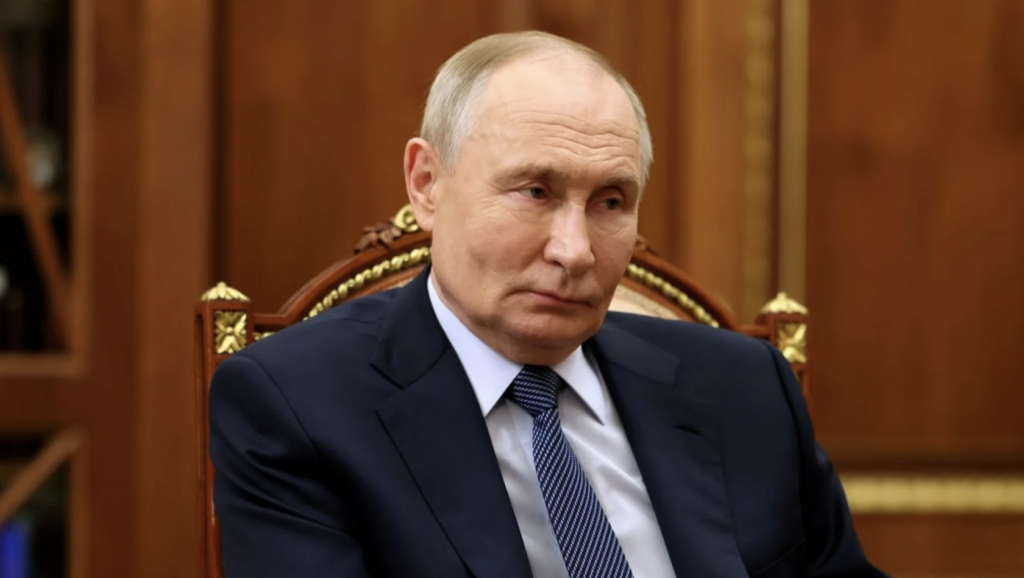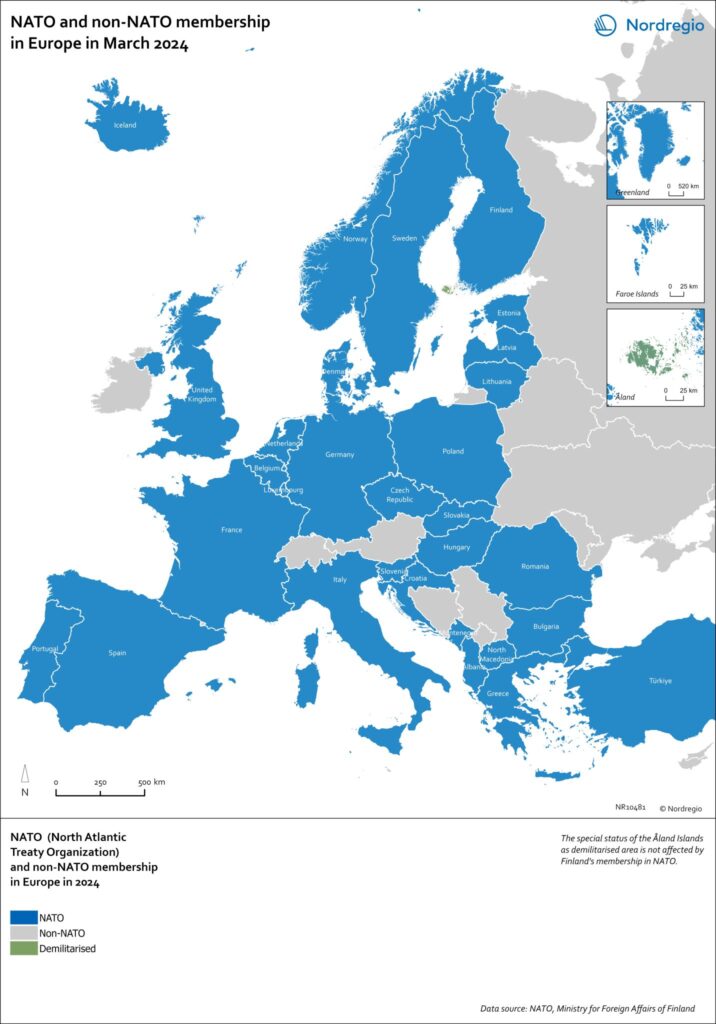ISW: Russia wants Ukraine out of its own cities, Ukraine says ‘let’s talk more’ in ceasefire negotiations memos

The Institute for the Study of War (ISW) reported on 2 June that newly published Ukrainian and Russian memorandums highlight how far apart both sides remain after their latest negotiations the same day — with Russia repeating maximalist demands and Ukraine focusing on phased peace efforts and further dialogue.
Ukraine pushes for ceasefire, humanitarian steps, and lasting security
Ukraine’s memorandum, published by Suspilne on 1 June, outlines four core proposals:
- an unconditional ceasefire on land, sea, and in the air;
- confidence-building measures like returning all Ukrainian civilians and children and exchanging prisoners of war;
- a long-term peace agreement with firm security guarantees and full territorial integrity;
- and continued negotiations after the 2 June Istanbul meeting, including preparation for a Zelenskyy-Putin meeting.
Ukraine also insists on the right to join any security alliance, including NATO.
Nothing new: Russia repeats lang-grab recognition, regime-change, disarmament demands
Russia’s memorandum, published by TASS on 2 June, is split into three sections. The first demands Ukrainian recognition of Russia’s control over all of Ukraine’s Luhansk, Donetsk, Zaporizhzhia, Kherson oblasts, and Crimea — and complete withdrawal from these territories. It also calls for permanent Ukrainian neutrality, cancellation of all military alliances, a total ban on foreign military presence, and strict protections for Russian-speaking populations.
The second section outlines two ceasefire options. The first requires Ukraine to withdraw beyond current front lines in all four oblasts. The second demands Kyiv demobilize, end martial law, cancel all foreign military support and intelligence sharing, and organize presidential elections within 100 days of martial law ending.
The third section proposes a short ceasefire to recover bodies, followed by a 30-day timeline for Ukrainian withdrawal and eventual signing of a peace deal — only after Ukraine forms a new government.
ISW: Russia still aims for total Ukrainian capitulation
ISW notes that these demands are consistent with the Kremlin’s longstanding goals: territorial gains, military and political control over Ukraine, and the installation of a pro-Russian government. As of 2 June 2025, Russia occupies 79.8% of the four contested oblasts, while Ukraine retains around 21,600 square kilometers, including major cities like Kherson, Zaporizhzhia, Kramatorsk, Kostiantynivka, and Sloviansk. ISW adds that Russian forces have not shown the ability to capture cities of that scale since early 2022.
“Russian forces have not demonstrated the capacity to seize cities of this size since early 2022, and the Russian military is almost certainly incapable of conducting a successful offensive operation to seize one of these cities after three years of war and degradation,” the think tank wrote.
Child deportation claims briefly raised, dismissed by Russia
ISW also summarizes that Ukraine presented Russia with a list of hundreds of abducted children, which Russia dismissed. Kremlin negotiator Medinsky said the list included 331 names and denied mass abductions. Ukraine has verified the deportation of at least 19,456 children, with only 1,345 returned. Russia’s children’s commissioner previously claimed 700,000 Ukrainian children had been “accepted” by Russia.
Russian delegates call abducted children issue “show for childless European grandmothers”

